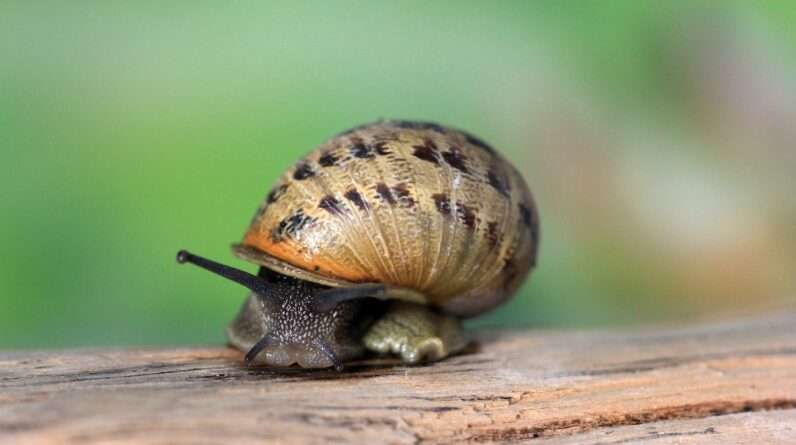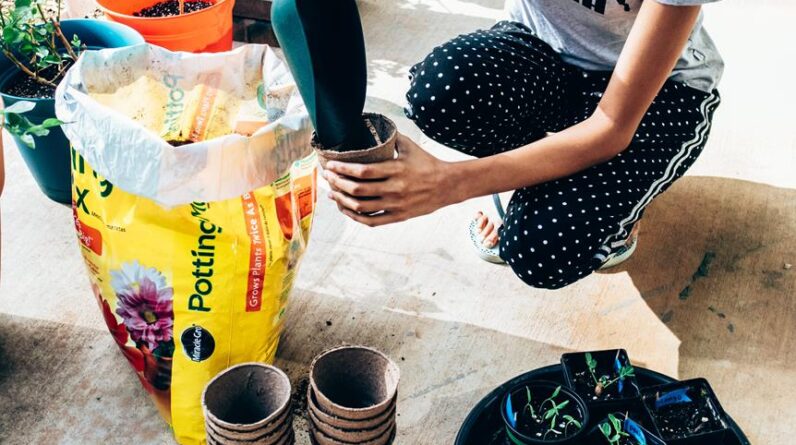
Are you ready to tackle those pesky autumn garden pests? Get ready to banish them from your beloved green space with our expert advice.
Discover the common culprits and learn how to identify them. We'll walk you through natural remedies that are both organic and effective.
Prevention is key, so we'll share tips on how to protect your garden in the autumn. Don't worry, we've got your back in the battle against the bugs.
Get ready to maintain a pest-free paradise!
Key Takeaways
- Beneficial insects such as ladybugs, lacewings, and bees play a vital role in maintaining a balanced ecosystem in the garden.
- Organic methods such as companion planting and neem oil can be effective in combating garden pests.
- Protecting delicate plants with mulch, early detection of pest infestations, and implementing integrated pest management techniques are important for preserving the garden in autumn.
- Long-term solutions for autumn garden pests include introducing natural predators, using barriers and covers, and regularly spraying plants with water to prevent pest infestations.
The Common Culprits: Identifying Autumn Garden Pests
If you want to protect your garden from the common culprits, it's important to learn how to identify autumn garden pests. By knowing what to look for, you can take the necessary steps to prevent an infestation and ensure the health of your plants.
One key aspect to consider is beneficial insects. These tiny creatures play a vital role in maintaining a balanced ecosystem in your garden. Ladybugs, lacewings, and bees are just a few examples of beneficial insects that help control pests.
Another crucial aspect is recognizing signs of pest infestation. Keep an eye out for chewed leaves, wilting plants, or the presence of eggs or larvae.
Natural Remedies: Organic Ways to Combat Garden Pests
To combat garden pests organically, try using natural remedies such as companion planting and applying neem oil. Natural repellents can be a highly effective way to keep pests at bay while maintaining the health and integrity of your garden. Companion planting involves strategically placing certain plants together to enhance their growth and deter pests. For example, planting marigolds near your vegetables can repel aphids and nematodes. Another natural remedy is the application of neem oil, which is derived from the neem tree. Neem oil acts as a natural insecticide and fungicide, effectively controlling a wide range of pests. It is important to note that natural repellents may require regular application and monitoring to ensure optimal pest control.
| Natural Repellents | Benefits | How to Use |
|---|---|---|
| Marigolds | Repels aphids and nematodes | Plant near vegetables |
| Neem oil | Acts as insecticide and fungicide | Apply directly to affected plants |
Prevention Is Key: Tips for Protecting Your Garden in the Autumn
When autumn arrives, it's crucial to take preventive measures to protect your garden. One important step is covering delicate plants with mulch to prevent frost damage.
However, it isn't just frost that poses a threat to your garden during this season. Pests can also wreak havoc on your plants if left unchecked. Early detection is key in spotting signs of pest infestation in your garden. Keep an eye out for chewed leaves, discolored patches, or wilting plants.
Integrated pest management is a highly effective approach that involves combining different methods to protect your garden from pests. This can include using natural predators, implementing physical barriers, and employing organic pest control products.
By practicing early detection and integrated pest management, you can safeguard your garden against potential infestations.
Now, let's delve into the battle of the bugs and explore effective strategies for pest control.
Battle of the Bugs: Effective Strategies for Pest Control
As you learn about the battle of the bugs, you'll discover effective strategies for pest control that can help protect your garden. Implementing these strategies will allow you to maintain a pest-free paradise all year round.
Here are some key tactics to consider:
- Biological Control: Introduce beneficial insects like ladybugs or lacewings into your garden to naturally control pest populations.
- Integrated Pest Management: Employ a holistic approach that combines various pest control methods, such as cultural practices, biological control, and targeted pesticide use.
- Crop Rotation: Rotate your plants each season to disrupt pest life cycles and reduce the likelihood of infestations.
- Companion Planting: Plant insect-repellent herbs and flowers alongside susceptible plants to deter pests and promote a healthy garden ecosystem.
By implementing these strategies, you can effectively combat pests and create a thriving garden.
Now, let's explore long-term solutions for autumn garden pests.
Maintaining a Pest-Free Paradise: Long-Term Solutions for Autumn Garden Pests
To keep your garden free from pests in autumn, implement long-term solutions that will ensure a pest-free paradise. As the seasons change, so do the types of pests that can invade your garden. It's important to take proactive measures to protect your plants and maintain a healthy ecosystem. While short-term solutions may provide temporary relief, long-term strategies are crucial for sustainable pest control. Here is a table outlining some effective long-term solutions for common autumn garden pests:
| Pest | Long-Term Solution | Benefits |
|---|---|---|
| Aphids | Introduce beneficial insects like ladybugs and lacewings | Natural control without harmful chemicals |
| Slugs and Snails | Install copper barriers around vulnerable plants | Creates a physical barrier that repels pests |
| Caterpillars | Use row covers or netting to protect plants | Prevents egg-laying and caterpillar feeding |
| Spider Mites | Regularly spray plants with a strong jet of water | Washes away mites and their eggs |
Frequently Asked Questions
How Can I Attract Beneficial Insects to My Garden to Help Control Pests?
To attract beneficial insects and control pests, use companion planting. Certain plants like marigolds, lavender, and dill act as natural repellents for harmful bugs, while encouraging beneficial ones like ladybugs and lacewings to visit your garden.
Are There Any Specific Plants or Flowers That Repel Garden Pests Naturally?
"Plants like marigolds, lavender, and rosemary naturally repel garden pests, serving as your garden's own protectors. By incorporating these natural pest control methods, you can keep your garden thriving and pest-free."
What Are Some Signs That My Plants Are Being Attacked by Pests?
If your plants are being attacked by pests, there are several signs to look out for. Keep an eye out for chewed leaves, wilting, and holes in the foliage. To protect your plants, try using natural repellents or introducing beneficial insects to your garden.
Are There Any Non-Toxic Sprays or Solutions I Can Use to Treat Garden Pests?
There are indeed non-toxic sprays and solutions you can use to treat garden pests. Organic pest repellents are a great option. They are effective and safe for both your plants and the environment.
How Do I Identify and Control Common Garden Pests Without Harming Beneficial Insects?
To identify common garden pests and control them without harming beneficial insects, you need to be able to recognize their characteristics and behavior. This knowledge will help you choose effective and targeted pest control methods.







